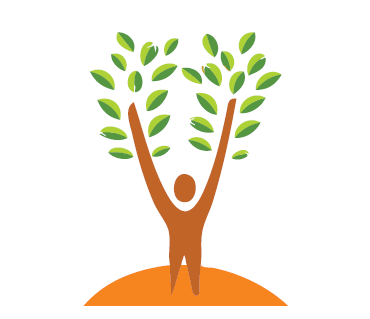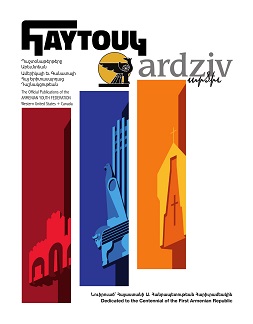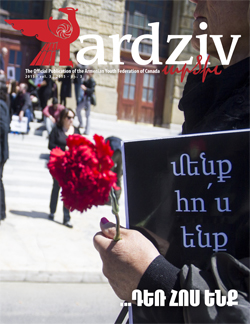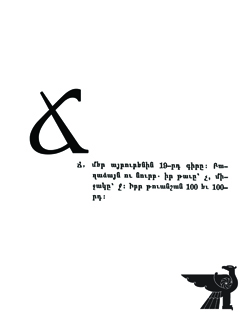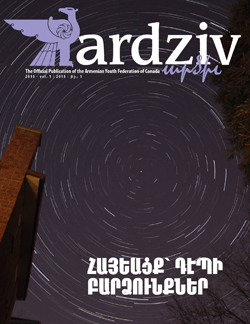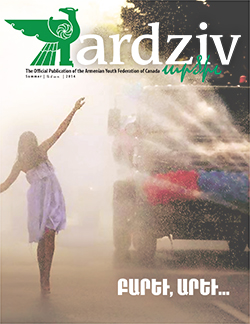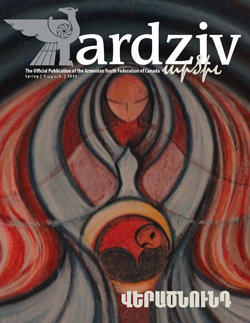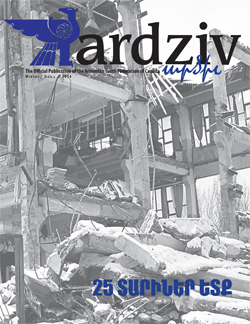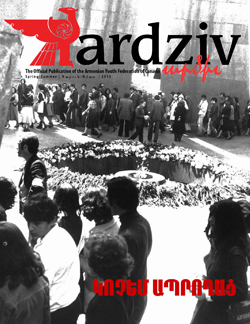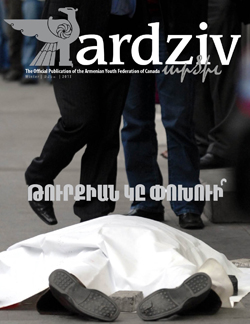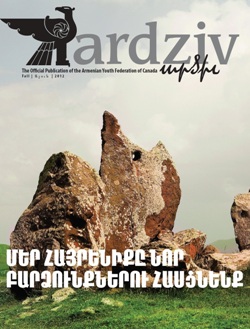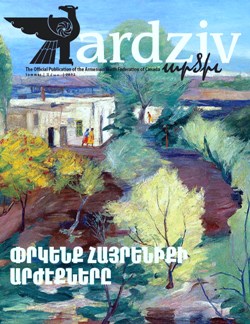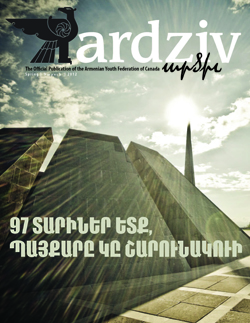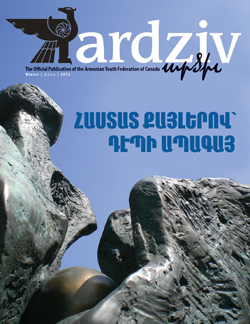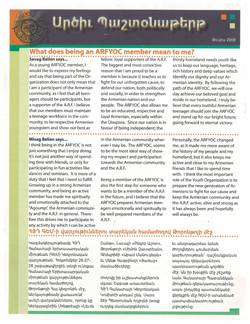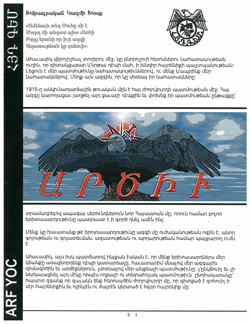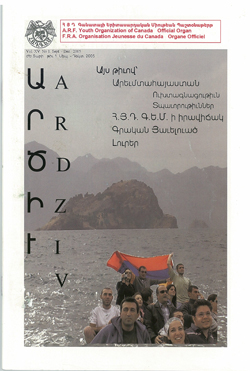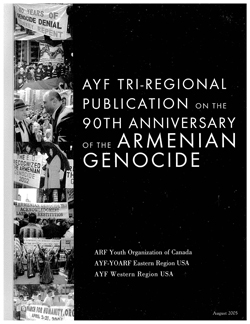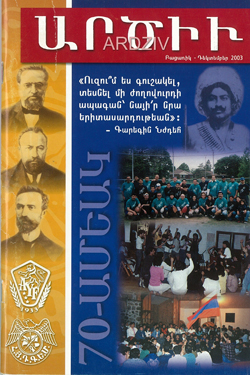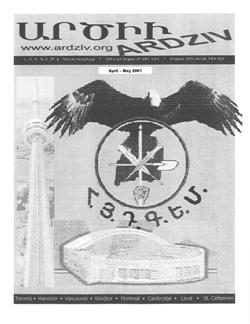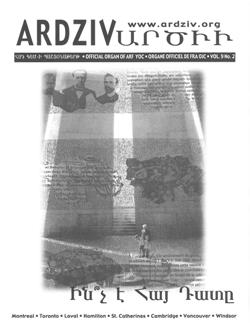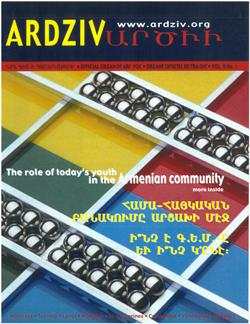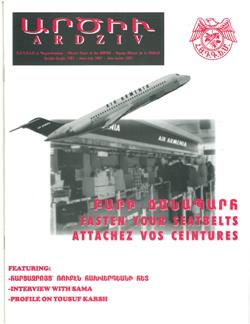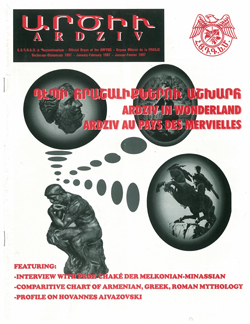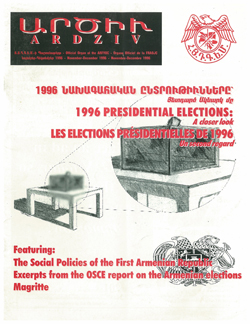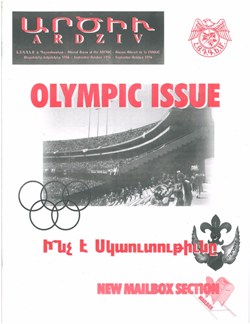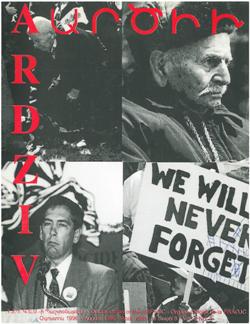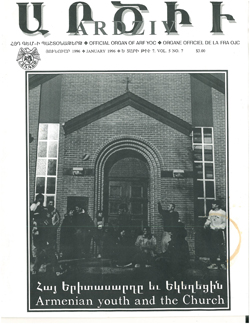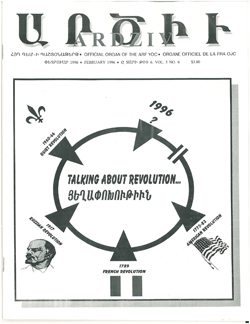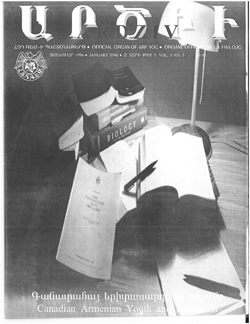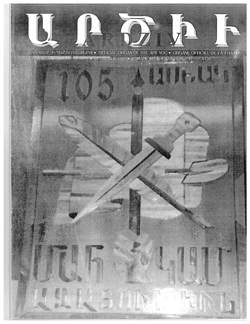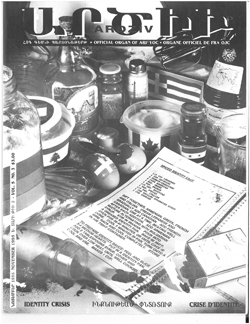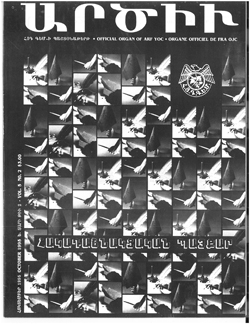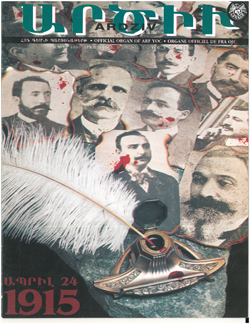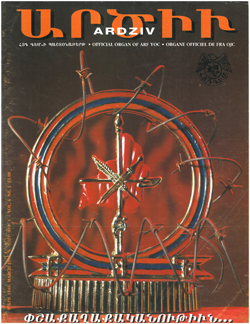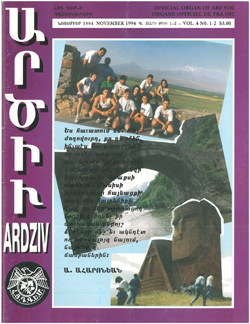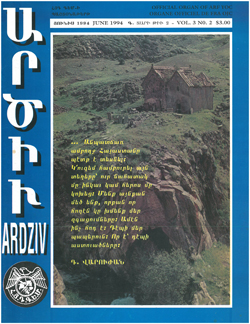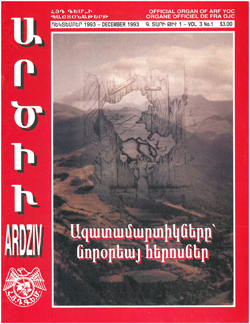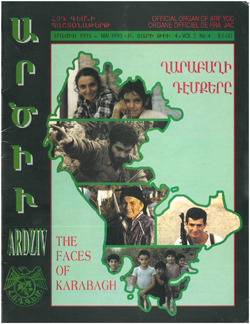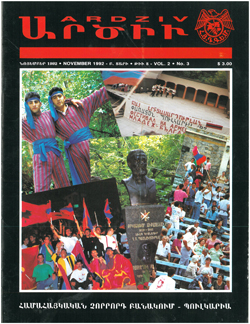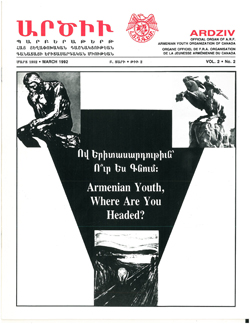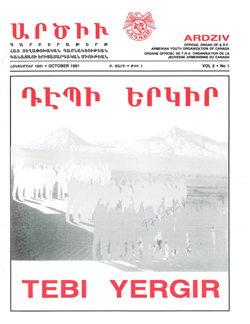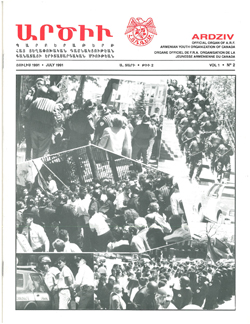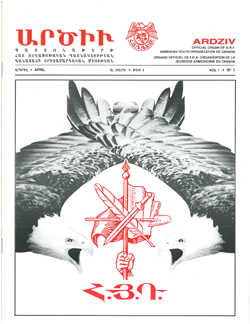The Seeds of Hope
By: Ardziv Magazine | Posted on: 14.10.2014Warning: Undefined array key "ssba_bar_buttons" in /home/u108981792/domains/ardziv.org/public_html/wp-content/plugins/simple-share-buttons-adder/php/class-buttons.php on line 602
Warning: Undefined array key "ssba_bar_buttons" in /home/u108981792/domains/ardziv.org/public_html/wp-content/plugins/simple-share-buttons-adder/php/class-buttons.php on line 602
Warning: Undefined array key "ssba_bar_buttons" in /home/u108981792/domains/ardziv.org/public_html/wp-content/plugins/simple-share-buttons-adder/php/class-buttons.php on line 602
Warning: Undefined array key "ssba_bar_buttons" in /home/u108981792/domains/ardziv.org/public_html/wp-content/plugins/simple-share-buttons-adder/php/class-buttons.php on line 602
Four years ago, I took part in the Genocide and Human Rights University Program (GHRUP) facilitated by the Zoryan Institute and held at the University of Toronto. I was one of the lucky Turkish students who had the chance to meet and learn with a group of young, talented and international students under the supervision and guidance of a number of eminent scholars and activists. These individuals had the expertise and intellectual vigor to explore and analyze one of the darkest moments of human history: the history of genocide and ethnic cleansing. It is not easy to study the history of genocide, especially when coming from a background in which the denial is a harsh, everyday reality. In Turkey, even in highly academic settings, gatherings to explore and discuss atrocities of the past are sometimes vague and misrepresented. It was refreshing to see that the course not only provided such an intellectual venue for the people who have grown up in a post-trauma environment, but it also presents an invaluable international and warm environment to share experiences that seek ways for reconciliation.
I came from a country in which the history of genocide has long been denied. The history we learned was unfortunately consolidated by the Turkish education system; a system quite notorious for reproducing generations of deniers, especially in regards to the Armenian Genocide, one of the most historic taboos in the Turkish political scene. Furthermore, it is possible to say that the policy of Turkish democratization has been plagued by the denialist policies of the Turkish state. The circles of denialism have contributed to the authoritarian character of the Turkish state in various ways at the expense of true democratization. A well-known example of this is the assassination of prominent Turkish-Armenian journalist, Hrant Dink, who was killed in Istanbul by a seventeen year old pawn. As one might possibly assume, in a country in which these realities are suffocating, it is difficult to speak the truth.
Throughout the course, my colleagues and I learned a great deal about scholarly approaches and shared countless experiences with one another. Needless to say, those who lectured and supervised our sessions were seasoned academics and highly experienced in the field. Alongside these highly academic moments and our fruitful course sessions, I can undoubtedly say that some of the most invaluable moments were those spend with colleagues and new friends during those special two weeks. As a result of getting to know each other’s stories, triumphs and difficulties- we got to know each other in the most human and immediate way. Something so important when studying such inhumane events, often quite removed from our immediate existence. It is because of these strong bonds that were forged that I consider myself the luckiest Turkish student, given the rare opportunity to be part of such an international family. Each of us from the course that year have proven with our mere existence and close ties to be the truest antidotes of history’s genocidal regimes and the seeds of hope for the future. Our success and the success of this program stand witness to their failure.
The Zoryan Institute is the parent organization of the International Institute for Genocide and Human Rights Studies, which runs an annual, accredited university program on the subject and is co-publisher of “Genocide Studies and Prevention: An International Journal” in partnership with the IAGS and the University of Toronto Press. It is the first non-profit, international center devoted to the research and documentation of contemporary issues with a focus on genocide, the diaspora, and Armenia. For more information, contact the Zoryan Institute by emailing [email protected] or visiting www.zoryaninstitute.org.
